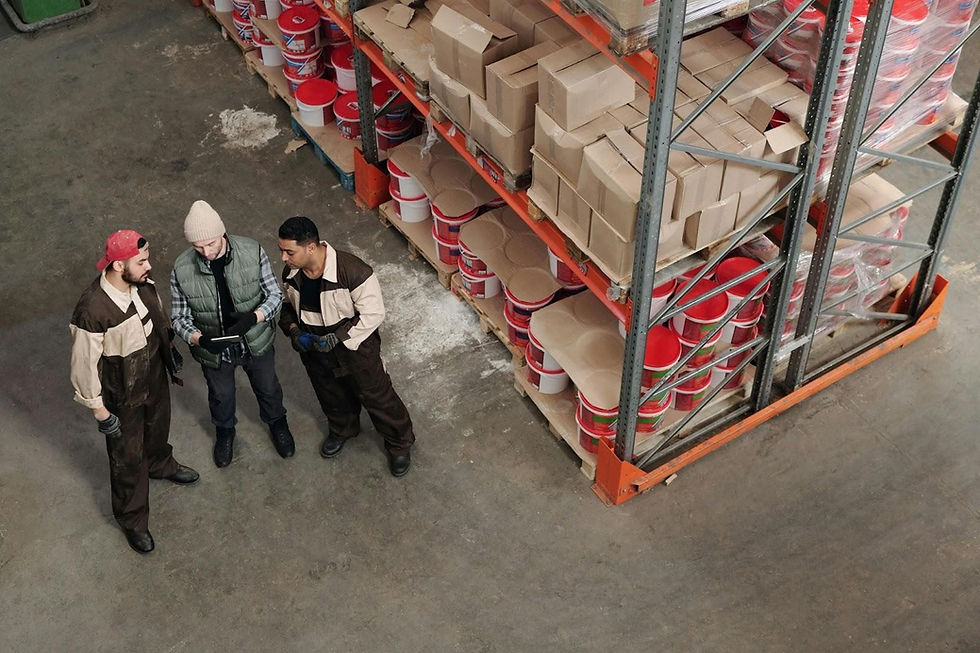What Medical Clinics Need to Know About Recyclable Therapy Packs
- Coldstar International
- Aug 15, 2025
- 3 min read

If you work in a clinic, every item you use says something about your values. Patients expect care, but they also notice how you handle waste and safety. Recyclable therapy packs give you a way to support recovery and reduce impact on the environment. But choosing the right option is more than picking a green product. It involves storage, compliance, and performance.
Why Recyclable Therapy Packs Are Different
Traditional packs often end up in landfills. They use materials that take years to break down. Recyclable options change that. They use plastics or gels that can go through recovery systems after their use. For clinics that see many patients daily, this can add up to less waste and lower disposal costs.
Think about therapy packs for post-surgery care or sports injury programs. These are used every day. A switch to recyclable versions keeps your practice in line with growing sustainability goals. It also positions your clinic as a leader in responsible healthcare.
Performance Still Comes First
Recyclable packs must work as well as standard ones. They need to hold temperature, stay sealed, and remain comfortable on skin. When packs are heated in a microwave or chilled in a freezer, they cannot leak or break.
This is why sourcing matters. Work with suppliers that understand both quality and recyclability. Ask about material strength and gel composition. Look for products that meet handling standards for medical environments.
Storage and Handling Rules Apply
A recyclable label does not remove the need for proper handling. Packs used for therapy are often considered medical devices when they claim to treat pain or swelling. That means FDA registration applies. Clinics should confirm this before placing bulk orders.
Temperature control during storage is another key point. Many packs need cold storage before use. If they are exposed to heat or stored incorrectly, performance drops. Partnering with a packaging and distribution provider that offers cold storage can reduce these risks.
Packaging Plays a Big Role
Recyclable products also need correct packaging. Materials must protect the packs during transit and keep them free from contamination. Labels should show recycling details and correct usage instructions. Missing information can create compliance issues or cause staff confusion.
Working with a company that handles packaging for temperature-sensitive goods is a smart move. They can manage labeling and storage so every pack stays ready for patient care.
Costs and Benefits Balance Out
Switching to recyclable therapy packs may look expensive at first. But over time, the savings are clear. Waste disposal costs drop. Patient trust grows. Clinics often see better reviews when they make visible changes that support the environment.
Large buyers like hospital networks and group practices often make recyclability a requirement. If your clinic plans to work with these partners, moving now puts you ahead. It also protects your place in the market when new regulations arrive.
How to Start the Transition
Start the change with a review of your current inventory. Ask suppliers about recyclable options. Check handling instructions and confirm that your storage systems support these products. If they don’t, choose a logistics partner that provides cold storage and accurate labeling for medical devices.
Select providers that deliver full support, from packaging to transport. This approach helps your clinic avoid hidden costs from damaged goods or compliance issues.
Ready to move toward recyclable therapy packs? Coldstar International helps you handle storage, packaging, and transport without the stress. Our team keeps sensitive products safe from start to finish. Let’s talk about the right solution for your clinic today.












Comments